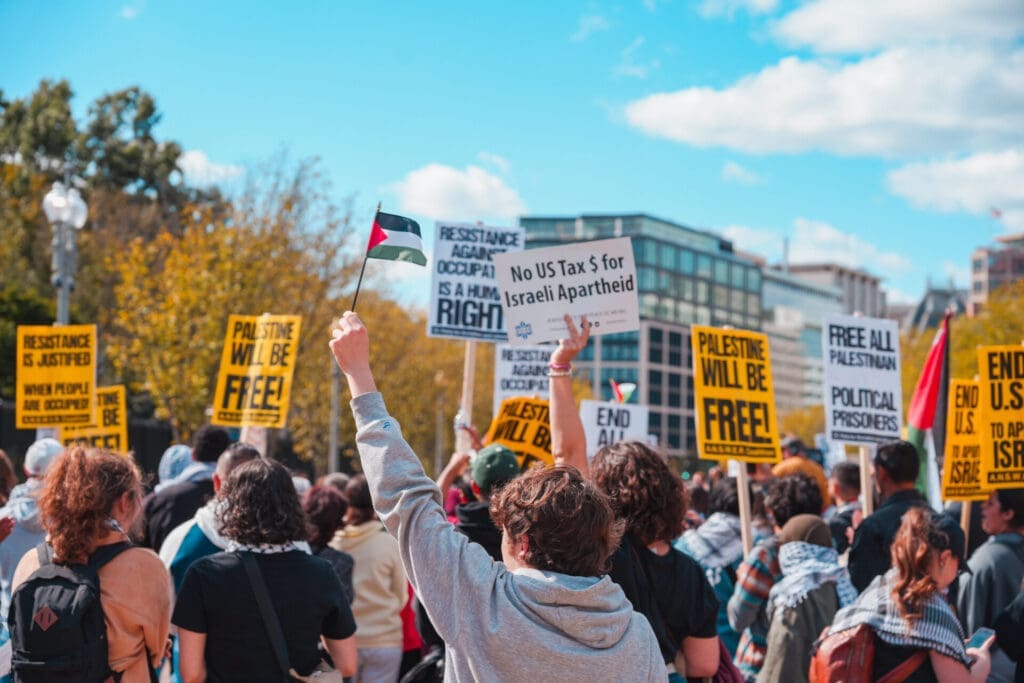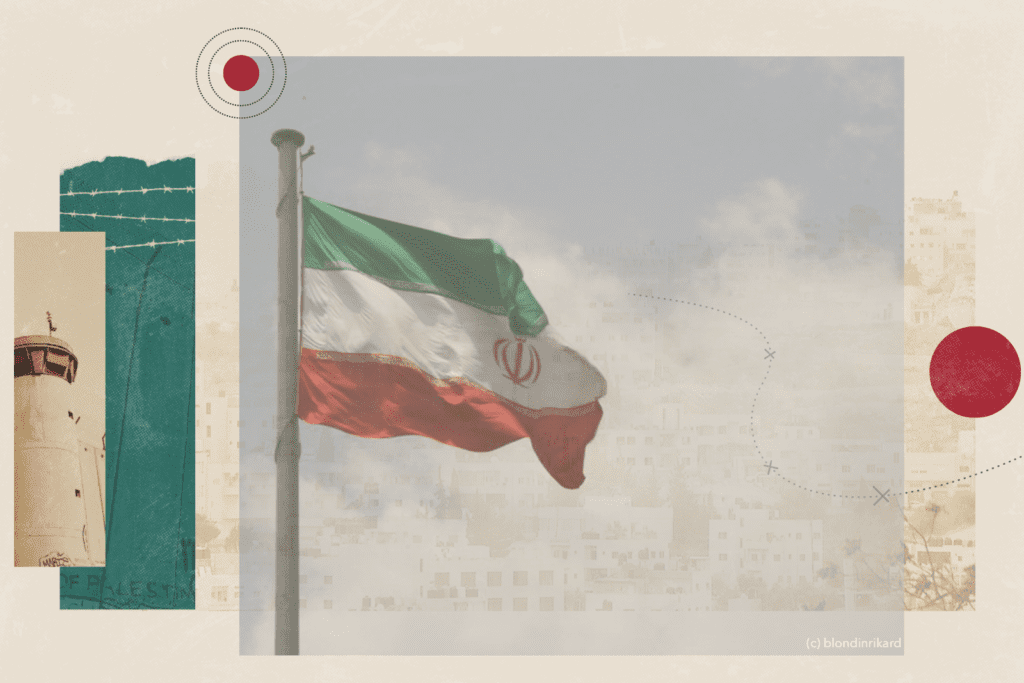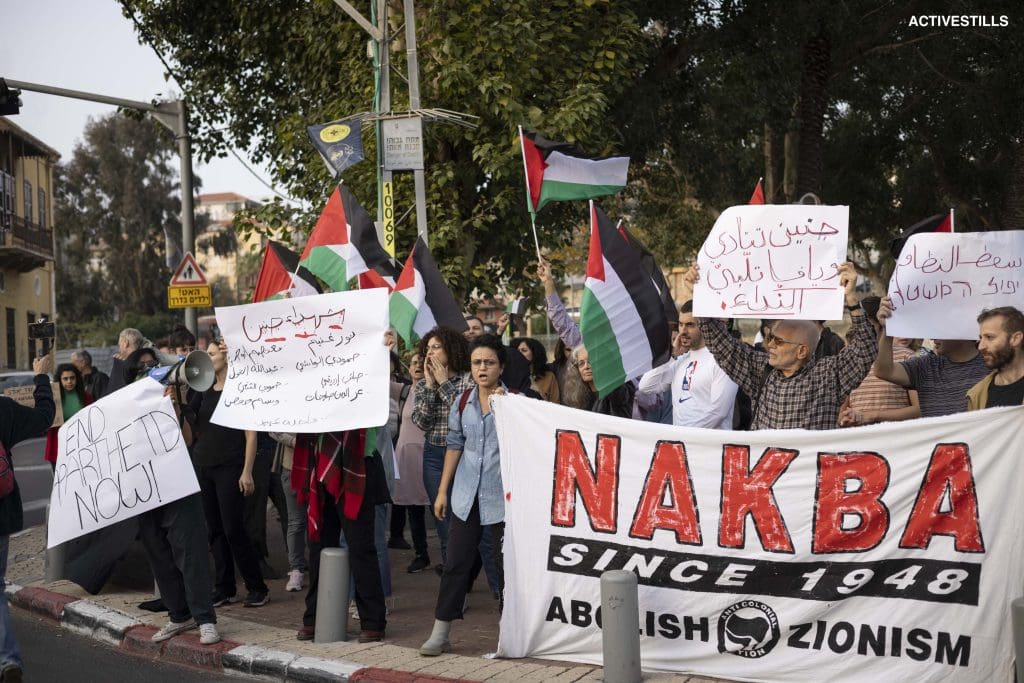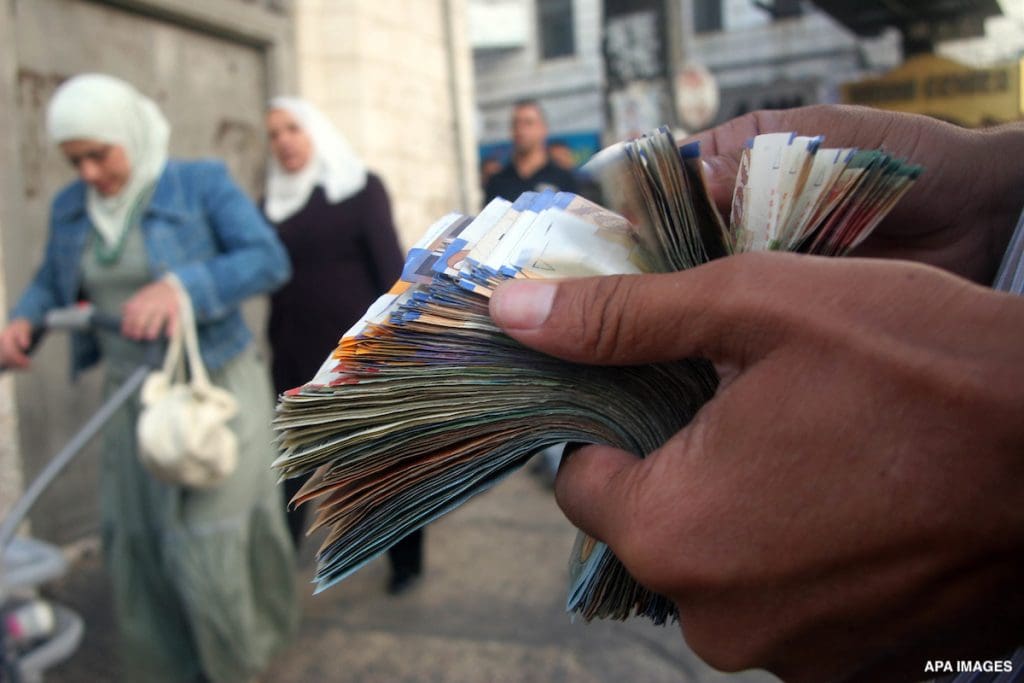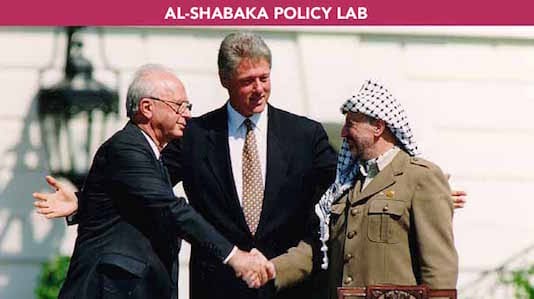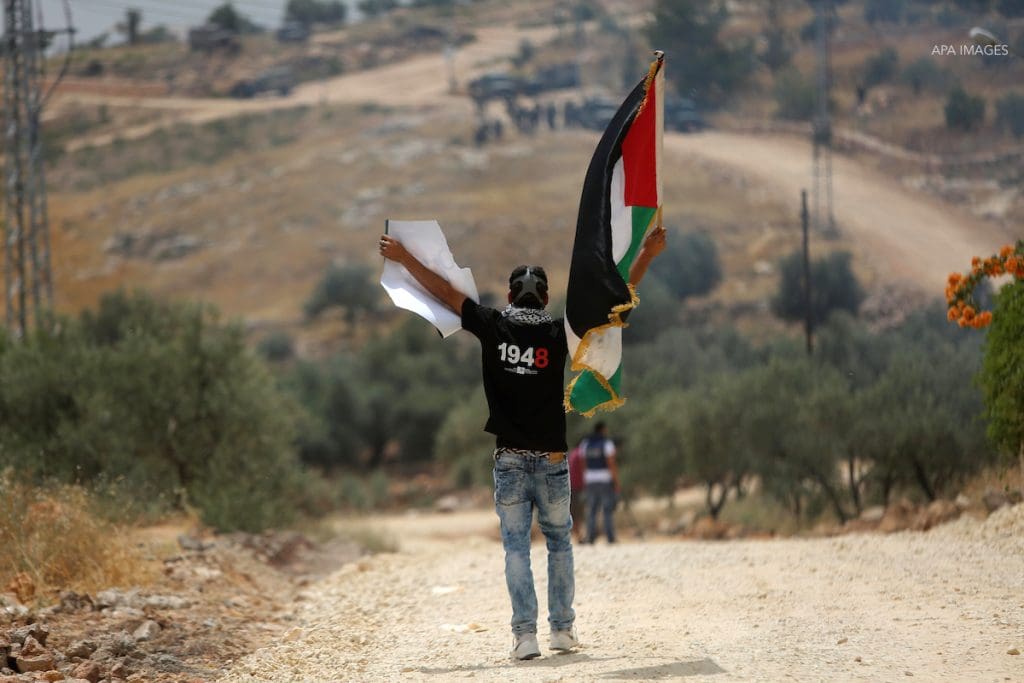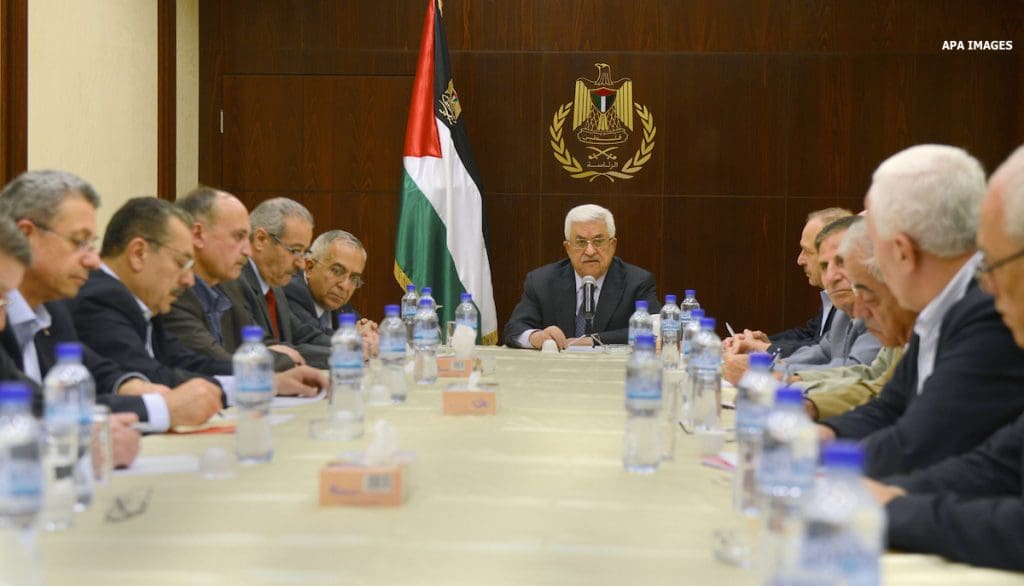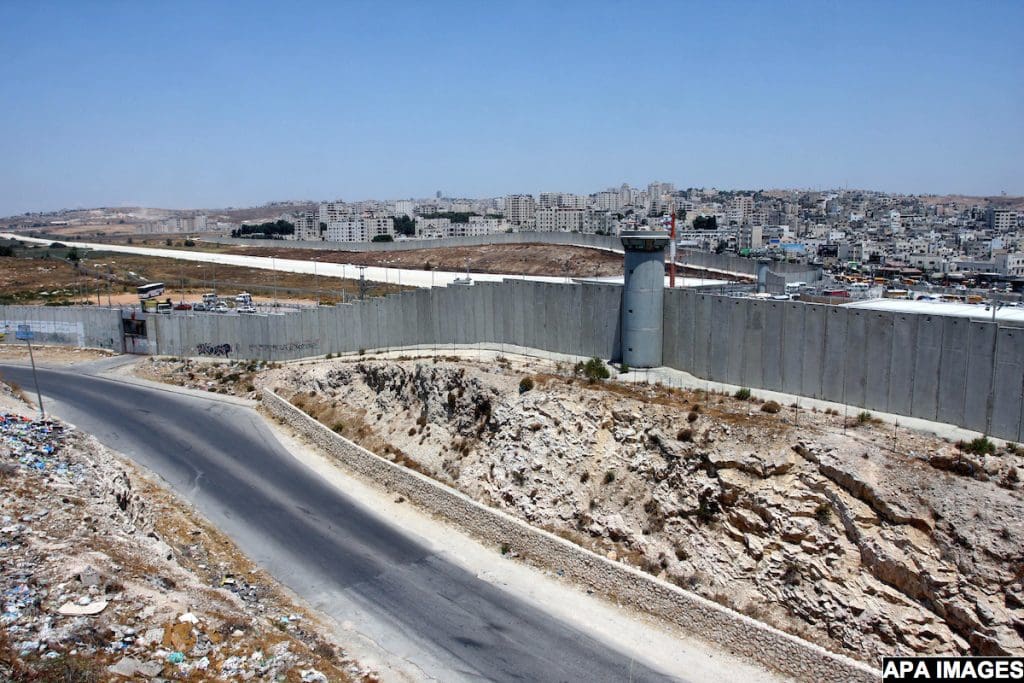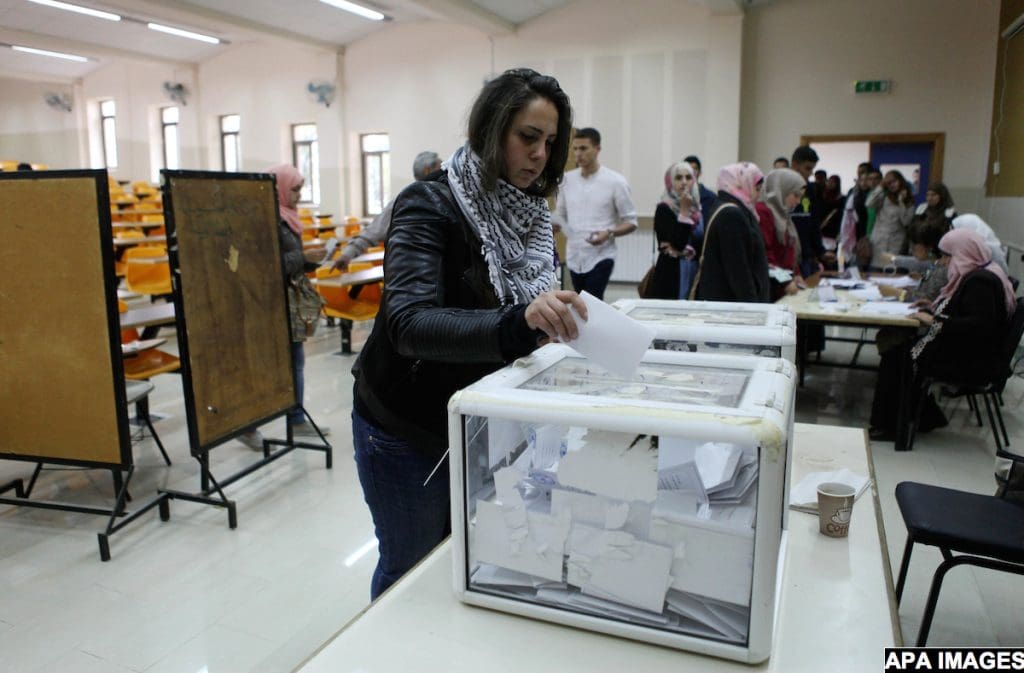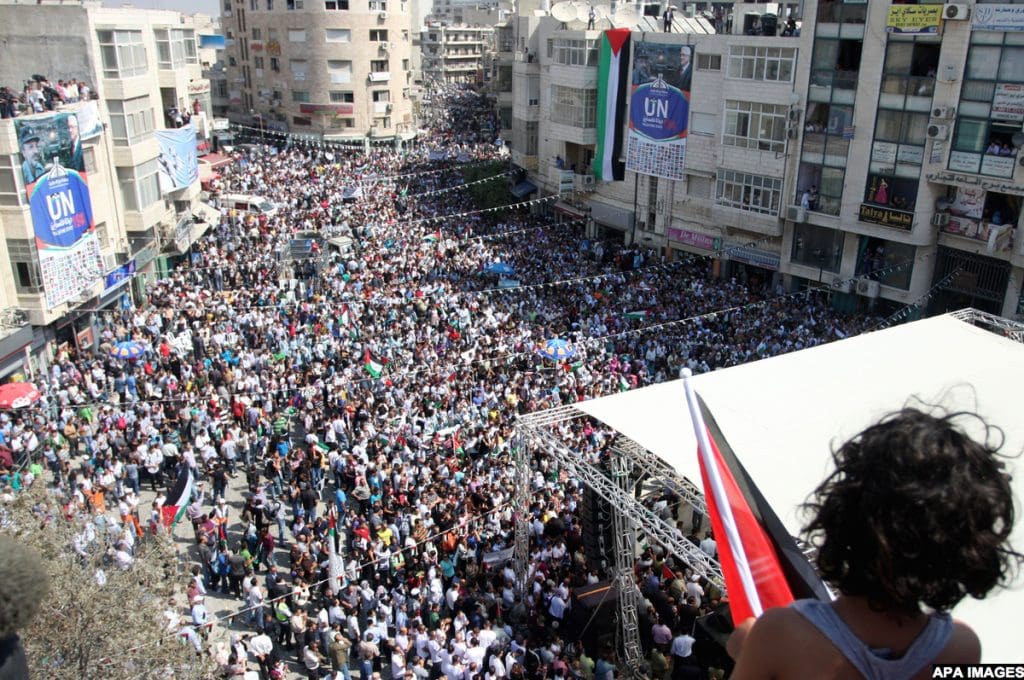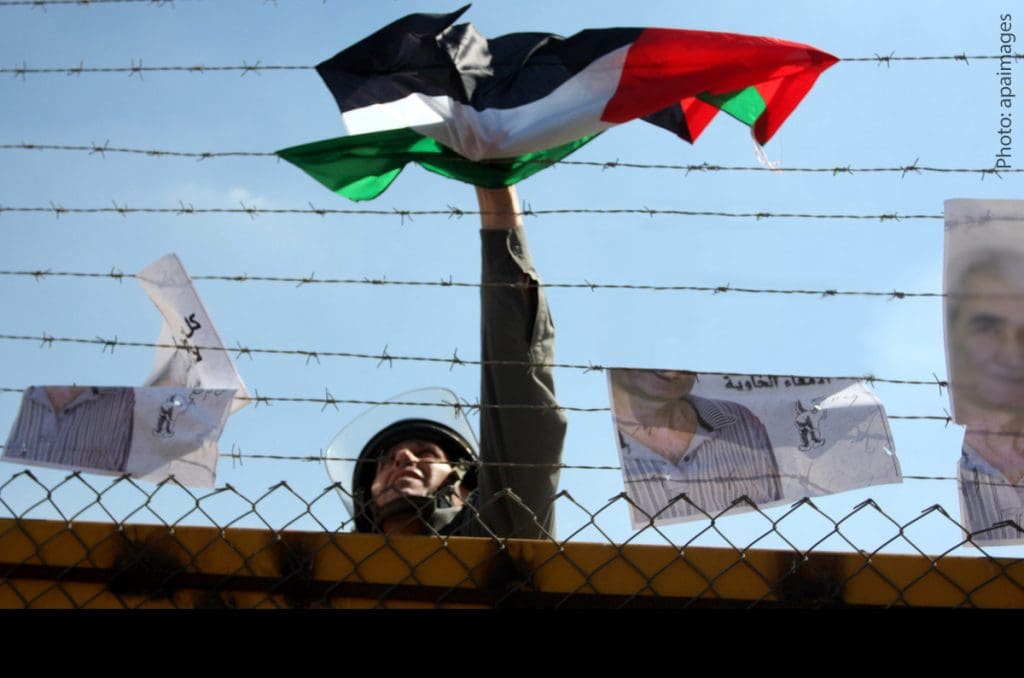Amal Ahmad is a Palestinian economic researcher. Amal interned at the Palestine Economic Policy Research Institute in Ramallah before completing a Master’s degree in development economics at the School of Oriental and African Studies, London. Her work focuses on fiscal and monetary relations between Israel and Palestine; she is also interested in the political economy of development in the broader Middle East.
From this author
A sovereign Palestinian state is today perhaps further from reality than ever before. Indeed, with the demise of the so-called two-state solution and the entrenchment of Israeli settler colonialism and apartheid across Palestine, the possibility of a Palestinian nation-state is arguably defunct. What does a Palestinian political future beyond partition look like? What would this entail for Palestinians within colonized Palestine and across the diaspora? Given their forced fragmentation, how might Palestinians forge collective visions for their political future?
The Palestinian Authority’s (PA) budget disproportionately relies on clearance revenues — import taxes collected by Israel on its behalf — that the Israeli regime regularly withholds as political blackmail. As a result, Palestinians in the West Bank and Gaza suffer severe economic consequences.

Amal Ahmad· Feb 15, 2023
September 2018 marks the 25th anniversary of the Oslo Accords. Looking back, how did the agreement impact the Palestinian national project and cohesion as a people? What does a post-Oslo Palestine look like?



Palestinians have perhaps never been more in need of a forward-looking vision to shape their struggle. On the Nakba’s 70th anniversary, Al-Shabaka analysts propose visions they contend would resonate with the greatest number of Palestinians – whether one-staters or two, refugees, exiles, citizens of Israel, or those under occupation – and map ways to get from here to there.



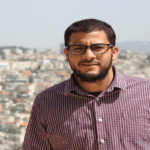
+
A Palestinian leadership vacuum looms due to the ill health of the secretary general of the Palestine Liberation Organization (PLO), Saeb Erekat, and the frailty of the Palestinian Authority (PA) President Mahmoud Abbas, who also heads the PLO and its main constituent party Fatah.
Though the international community has hailed the two-state solution since the early 1990s, it has become clear that Israel’s fragmentation of Palestinian people and territory over the past 50 years aims to make a sovereign Palestinian state impossible. While politicians explain this as a result of misunderstandings or missed opportunities between the two parties, the accurate explanation is that Israel does not, in fact, desire two states. This outcome would undermine its goal of conserving preferential rights for Israeli Jews in the territory under its control. Numerous progressives now argue that one state with equal rights for all is the logical alternative.

Amal Ahmad· May 30, 2017
The failure to conduct local elections in the occupied territories and the Fatah conference, which largely reaffirmed a moribund status quo, are the latest examples of stymied Palestinian democracy. Al-Shabaka analysts examine the notion of democracy under military occupation, the factors constraining it, and the form that makes sense for the Palestinian people.




+
The Palestinian people began the New Year facing a bleak political situation, with a weak and compromised leadership, a geographically and administratively fragmented people, and a civil society increasingly marked by individualism and loss of political anchor.

Amal Ahmad· Feb 1, 2016
Israel has had a customs union trade arrangement with the Occupied Palestinian Territory (OPT) since 1967, a de facto situation that was institutionalized by the Oslo Accords in 1994. The customs union, which on the surface appears to simply be a trade arrangement, was and remains key to Israel’s containment of the OPT, a strategy in which Israel refuses to accept Palestinian sovereignty or to recognize their human rights in other final status arrangements, such as a single bi-national state.

Amal Ahmad· Nov 26, 2014
